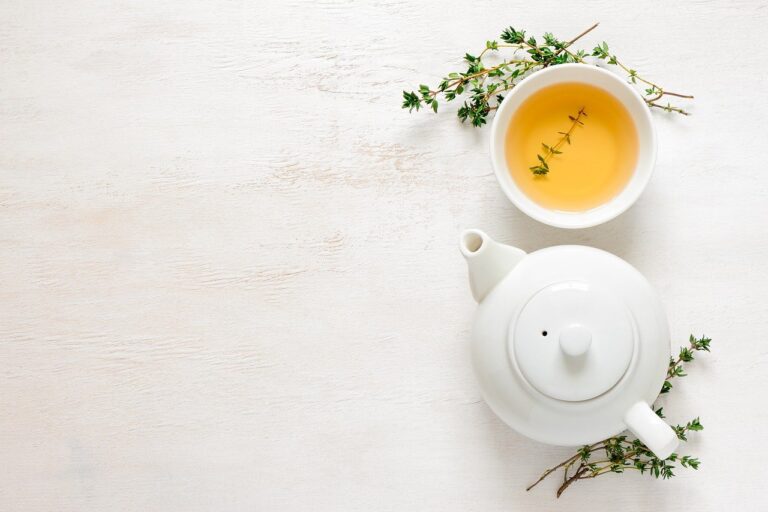MATCHA TEA ON IMPROVEMENT OF HEALTH
“Proven Ways Matcha Tea Improves Your Health”

Many studies have revealed a multitude of health benefits connected to matcha and its constituents, spanning from improved weight reduction to a lower risk of cardiac illness.
Matcha Tea can Improves Your Health in the following Ways.
Numerous studies have shown that green tea may have a number of health advantages. Due to the fact that matcha is a concentrated version of green tea, individuals may gain the same advantages as green tea from matcha, if not greater. Scientific data substantiates the health advantages of green trees. Matcha includes the minerals from the full tealeaf, resulting in a higher concentration of caffeine and antioxidants than green tea generally has. However, it is important to note that many of the research that have been conducted especially on matcha are small, underlining the need for bigger cohort research. Matcha and its components have been studied extensively and have shown a range of advantages, including the ability to protect the liver, boost heart health, and even assist in weight reduction. Possible health advantages discussed below:
Matcha tea includes L-theanine, a substance that may counteract the stimulant impact of caffeine, hence increasing alertness. L-Theanine, which is essentially a brain spa treatment, has been found to enhance cognitive performance while simultaneously encouraging profound relaxation.
The liver is critical for health since it is responsible for eliminating toxins, metabolizing medicines, and digesting nutrients.
By speeding up your metabolism and increasing energy expenditure and fat burning, matcha green tea accelerates the weight reduction process. Consume matcha tea with moderate exercise to accelerate fat loss. A small research found that drinking green tea extract improved fat burning by 17% when combined with moderate exercise. Another research of 14 persons revealed that taking a green tea extract supplement substantially increased 24-hour energy expenditure when compared to a placebo. Additionally, a review of 11 trials revealed that green tea helped people lose weight and maintain their weight reduction.
Matcha Tea

ABOUT THE AUTHOR
KSENIA SOBCHAK
Cosmetologist/Dermatologist, Clinical
Nutritionist – Central Saint Martins, BA (HONS)




